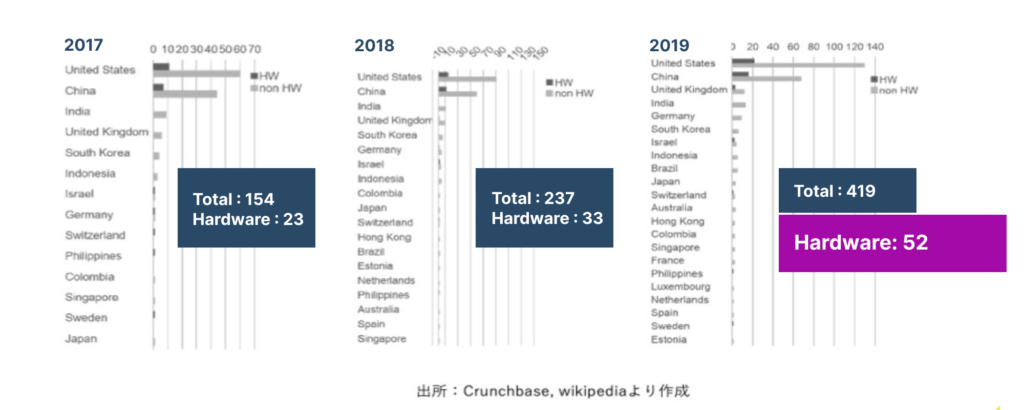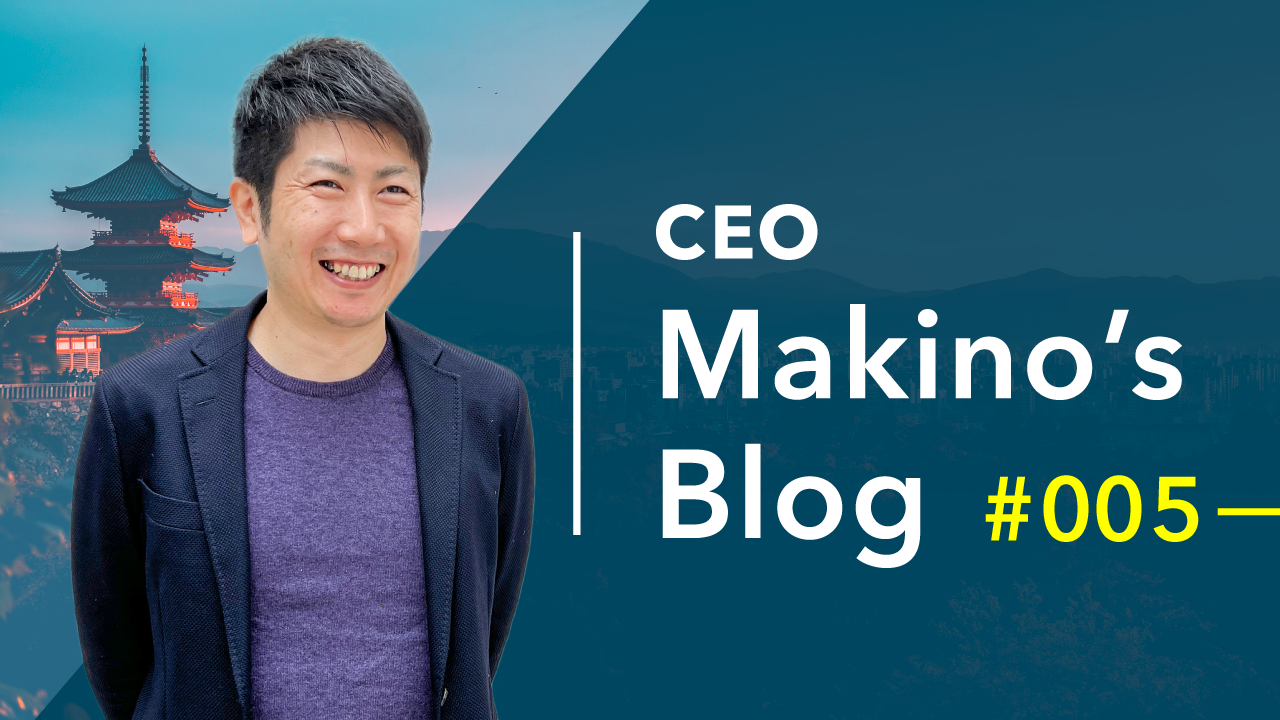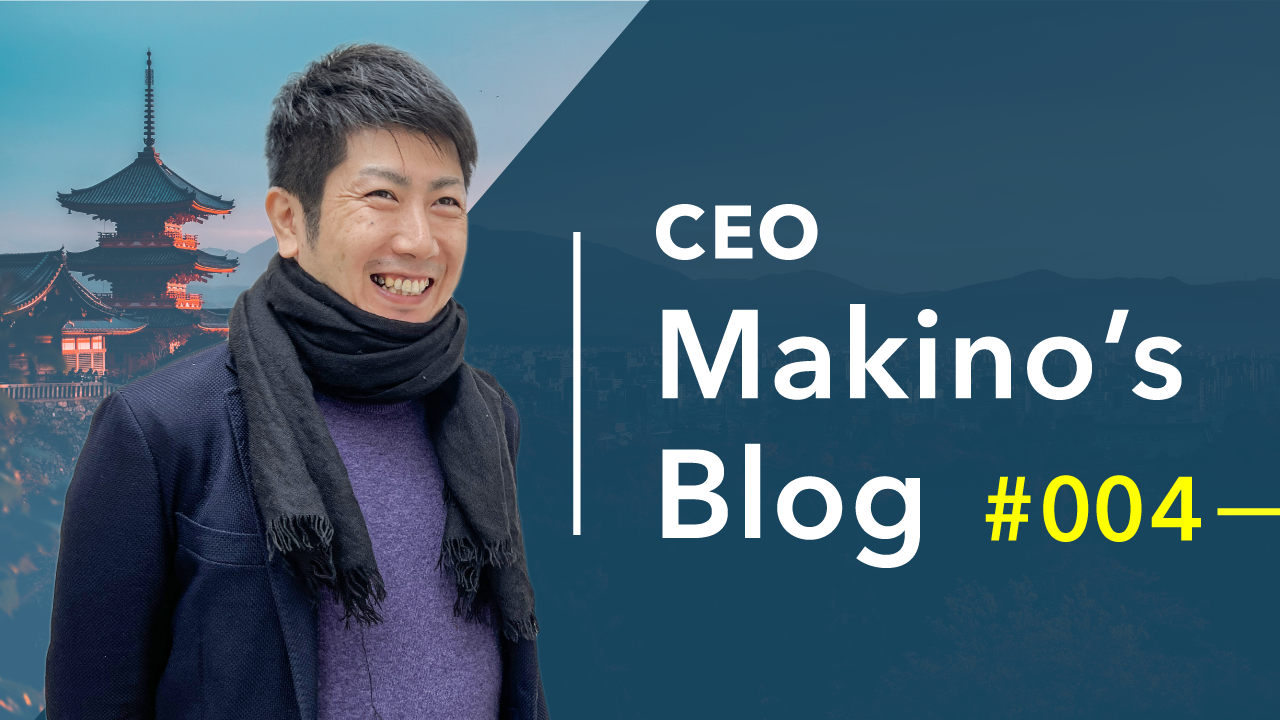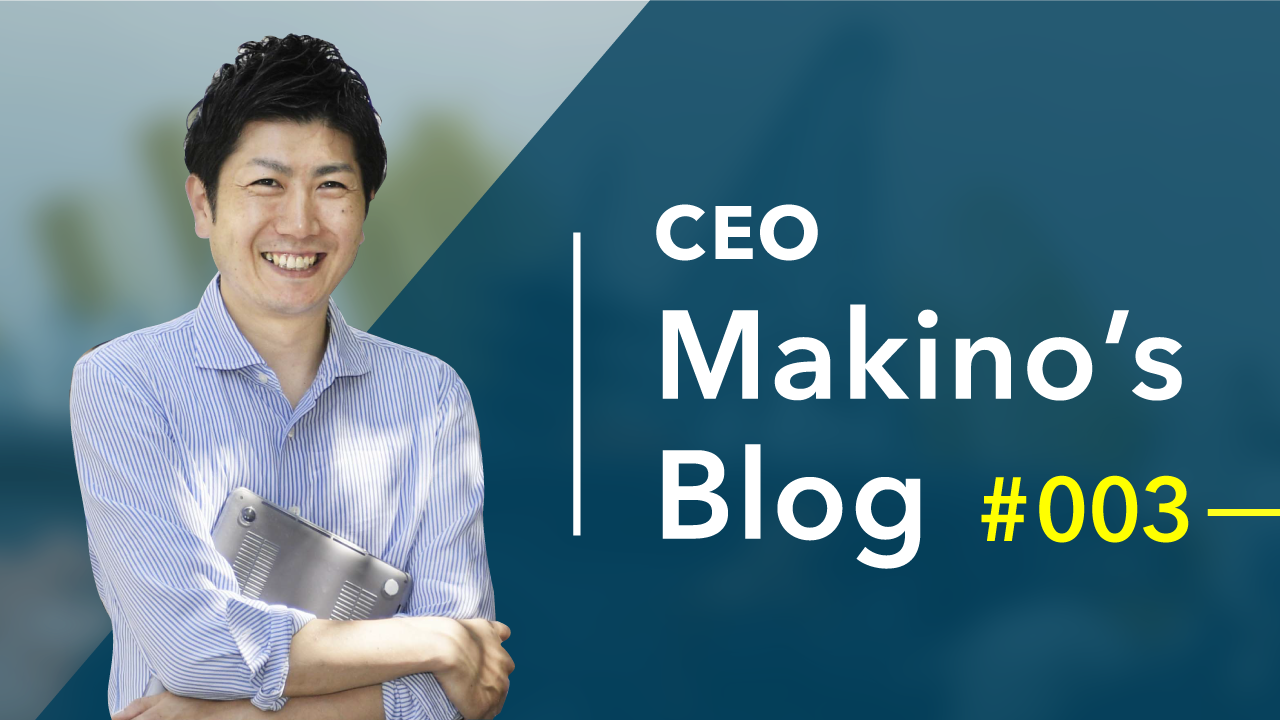Hi, This is Makino, CEO of Monozukuri Ventures. In the past ten years, the amount of funds startups raised has increased in both the global and domestic markets, although in 2022, the amount is sharply decreasing due to rising interest rates. And the number of unicorn companies worldwide has also been on an increasing trend. The number of hardware startup unicorns has also been increasing. You might be surprised that about 10% of unicorns are hardware startups, which is a significant number! Although these numbers may indicate a positive trend, the financing situation for hardware startups continues to be difficult. In this article, I would like to discuss why VCs do not want to invest in hardware startups.

I believe there are three reasons VCs are reluctant to invest in hardware startups.
1. It takes time to meet market needs
In recent years, it has become more common for startups to utilize the “agile development” methodology, in which they iterate over their ideas, continuously collect customer feedback, and constantly update their product to best fit the market needs. In software, there is a good development environment and technology that allows companies to do that. However, even though more and more new technologies are emerging, adopting agile development is still a big challenge as it takes too much time and money to quickly iterate over products to fit the market needs.
2. Uncertainty of manufacturing feasibility
Secondly, even if you managed to find a product that meets market needs, the skills and networks required for prototyping and mass production are entirely different. Failure to understand these differences often leads to unexpected issues in design for manufacturing and mass production, which ultimately delays the launch date. Moreover, the supply chain is susceptible to external factors such as natural disasters and infectious diseases.
3. Complicated monetization process
Lastly, monetization. Recently, subscription models have become the mainstream for startups, and hardware startups are no exception. However, the process of delivering the product is very different between hardware and software. In the case of software, you simply publish your software on the app store or on the Internet. But hardware startups need to develop a highly complex system to distribute their products. For example, when it comes to distribution, if a company has to ship overseas, there is a mountain of issues to consider, such as certification acquisition, inventory management, and delivery methods. After-sales service, such as dealing with breakdowns and repairs, is also time-consuming and costly. Compared to software, hardware is more challenging to meet market needs, has more unpredictable manufacturing risks, has more complicated sales and distribution processes, and generally requires more time to scale. VCs that expect to exit early have no incentive to invest in risky hardware startups. In fact, it is not rare for VCs to say, “We will only invest in your company if you ditch hardware.” However, there are cases where existing hardware cannot meet the requirements. Therefore, developing original hardware is often necessary. We also believe that removing the barriers between software and hardware will open up more business possibilities.
Why does Monozukuri Ventures take the “Hard” way?
Rather than looking at the negativities of hardware, we decided to focus on the positives. We asked ourselves, “How can we shorten the time for hardware startups to scale?” In order to do that, we needed to precisely grasp the challenges hardware startups face. Then we realized we needed to create an ecosystem ourselves to overcome the challenges and control those risks. Firstly, we are building a nationwide network of trusted small and medium-sized prototyping companies and EMS companies in Japan, such as Kyoto Shisaku(Prototyping) Net. We also support creating a system for selling products by taking advantage of our network of major companies, such as our LPs. Secondly, our experienced members, who come from manufacturing backgrounds and have led hardware development, work with startups as project managers. We have supported more than 150 projects to date. For example, through our support, there is a startup with no experience in HW development that managed to produce nearly 100,000 units. Another case is where we helped a startup cut manufacturing costs by more than 50%. That said, it is still true that “Hardware is Hard.” However, we believe that overcoming the risks will lead to a firm position in the industry where the entry barriers are substantial. And above all, that will significantly expand the industry’s potential as a whole. Monozukuri Ventures will continue to invest in hardware startups, and we hope to work with you all to innovate the industry.

CEO of Monozukuri Ventures, born in Aichi, Japan. I have been living in Kyoto and working with startups in the Kansai area for 17 years now. I am also working to make Kyoto city full of startups, artists, and creators. In addition, I am a father of a baby and doing my best to raise my child as well!








